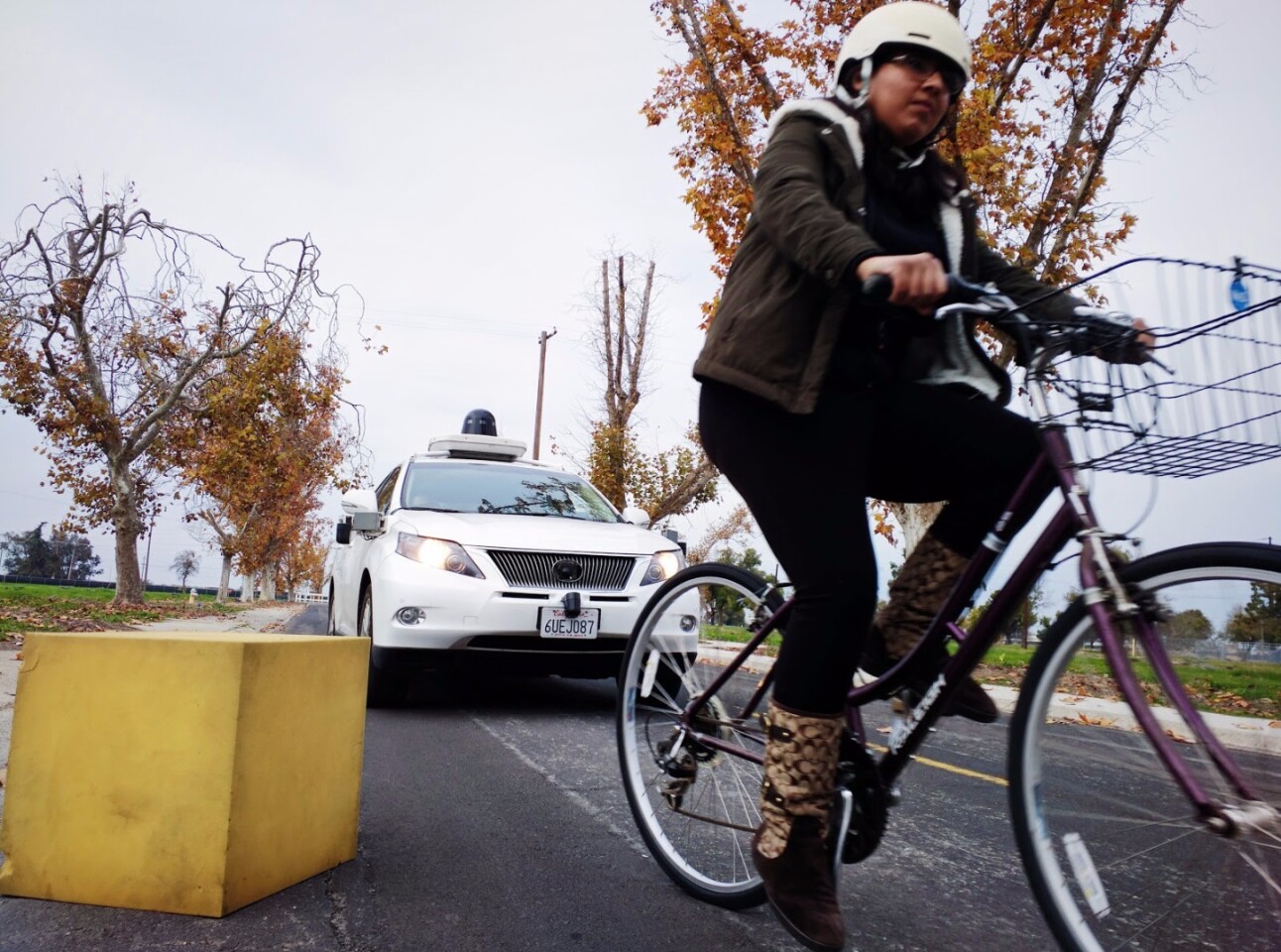Google started experimenting with self-driving cars in 2009 and by the following year its small Californian fleet had logged 140,000 miles. Last year, Alphabet branched off the project into a new entity called Waymo, while boasting that its cars had driven themselves more than 2 million miles since the adventure began. Now the collective odometer has notched up an incredible 4 million self-driving miles on public roads in 23 cities across the US, making a Waymo car the world's most experience driver.
There are numerous autonomous driving trials going on all over the globe, making cars capable of driving themselves an ever more commonplace sight. But most self-driving cars still have human drivers behind the wheel, ready to take over if problems arise. Earlier this month, Waymo finally gave its team of human back-up drivers notice that they may have to start looking for something else to do, when some of the company's vehicles in Phoenix began operating in fully autonomous mode.

Though full-on level five autonomy is still very much a challenge for the road ahead, the pace of development has quickened of late – meaning more cars on the streets and more miles being clocked. Waymo points out that its last million miles took just 6 months to complete, compared to 18 months for the project's first million.
And that doesn't include distances traveled on its 91 acre private test track or the 2.5 billion miles of simulated driving, where its testbed of more than 25,000 virtual vehicles get to grips with unusual scenarios and real world issues to ensure that driverless tech can handle whatever comes its way.
Waymo says that the next step for the project will be to make its driverless service available to the public across an entire city in the near future.
Source: Waymo






